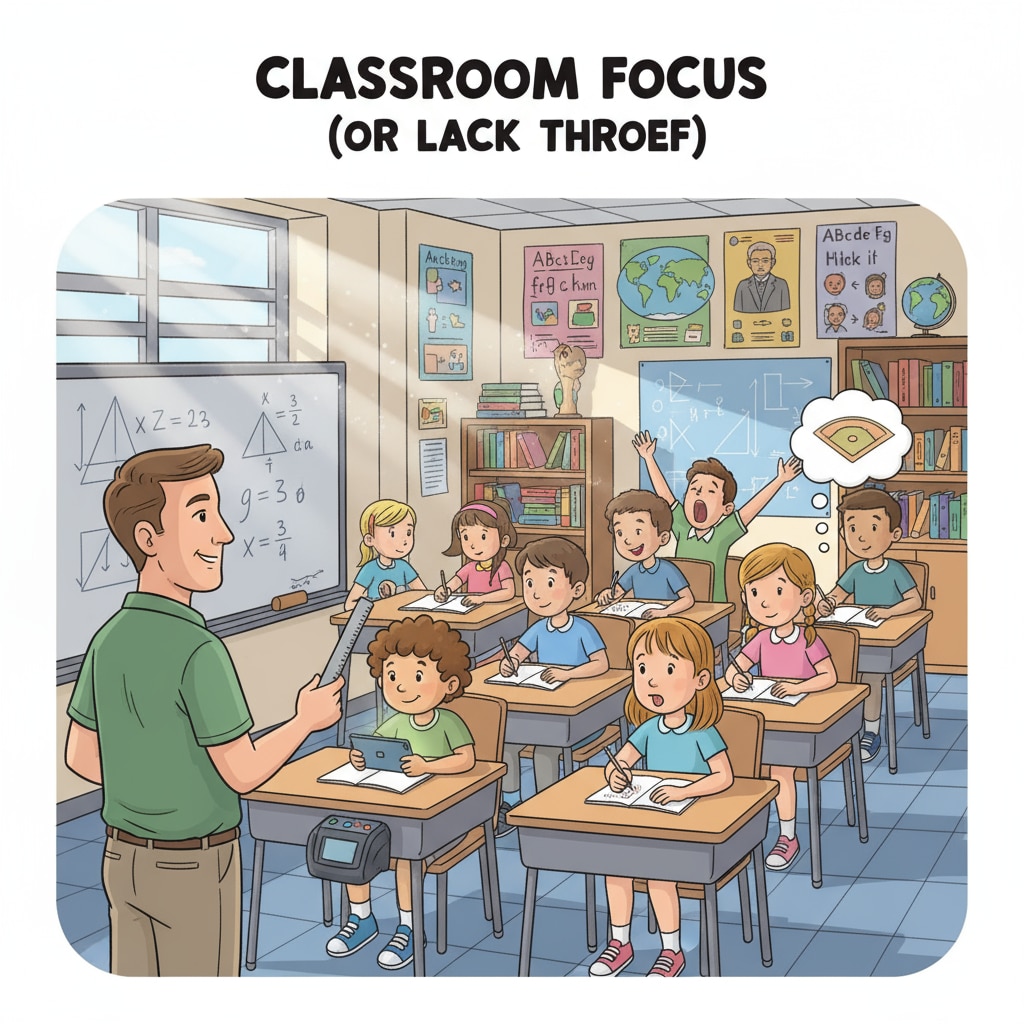Deep thinking, inattentiveness, and sleep quality are three intertwined aspects that significantly impact the academic performance and personal growth of K12 students. In today’s digital age, students are constantly bombarded with information, which often leads to a decline in their ability to think deeply and maintain focus.

However, understanding the root causes and implementing effective strategies can help students regain their concentration and develop profound thinking skills.
The Impact of Inattentiveness on K12 Students
Inattentiveness among K12 students is a prevalent issue that can have far-reaching consequences. When students are unable to focus, they struggle to absorb information, participate actively in class, and complete tasks effectively. This can lead to lower academic performance, decreased self-esteem, and a lack of engagement in learning. For example, a student who is constantly distracted during a math lesson may find it difficult to understand complex concepts, which can further impede their progress in the subject.

The Role of Sleep Quality in Cognitive Function
Sleep quality plays a crucial role in cognitive function, including deep thinking and attention. According to The Sleep Foundation, during sleep, the brain consolidates memories, processes information, and restores energy. When students do not get enough quality sleep, their cognitive abilities are impaired, making it harder for them to concentrate and think critically. A well-rested brain is better equipped to analyze problems, make connections, and engage in deep thinking. Therefore, ensuring sufficient and restful sleep is essential for students to perform at their best.
Strategies to Improve Sleep Quality
- Establish a regular sleep schedule: Going to bed and waking up at the same time every day helps regulate the body’s internal clock, making it easier to fall asleep and wake up naturally.
- Create a comfortable sleep environment: A dark, quiet, and cool bedroom can promote better sleep. Use comfortable bedding and pillows, and consider using a white noise machine or earplugs to block out distractions.
- Limit screen time before bed: The blue light emitted by electronic devices can suppress the production of melatonin, a hormone that regulates sleep. Avoid using smartphones, tablets, or computers for at least an hour before bedtime.
Fostering Deep Thinking Skills
Deep thinking is not an innate ability but one that can be developed through practice and guidance. Educators and parents can play a crucial role in fostering deep thinking skills in K12 students. Encourage students to ask questions, analyze information, and explore different perspectives. Provide opportunities for them to engage in discussions, debates, and problem-solving activities. By challenging students to think critically, they will develop the ability to make connections, evaluate evidence, and form their own opinions.
Readability guidance: Using short paragraphs and lists helps summarize key points. Each H2 section provides a list for clarity. Maintaining a low passive voice and long sentence ratio, and integrating transition words throughout the article enhances readability.


